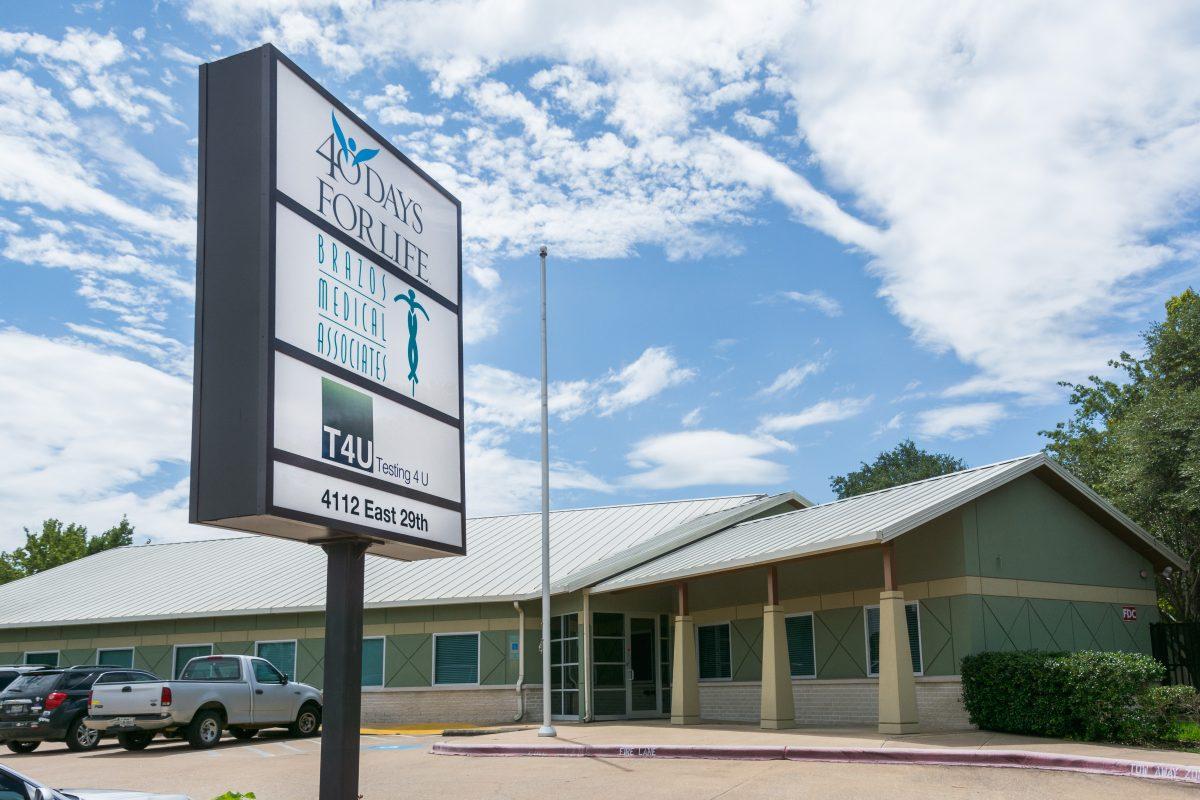As the debate over defunding Planned Parenthood plays out in multiple states and at the federal level, an academic study from a Texas A&M graduate is shedding light on some of the unintended consequences of defunding family planning services in Texas.
Family Planning Funding Cuts and Teen Childbearing, the study which has been accepted for publication in the Journal of Health Economics, focuses on $73 million in state budget cuts to family planning services in 2011 and traces their results over a period of several years. The study finds that these cuts had a measurable impact on teen birth rates and abortion rates in Texas, leading to more teen births and abortions than would have occurred if family planning funding had not been cut.
The study’s author, Analisa Packham, earned her Ph.D. in economics from A&M in 2016 and went on to become an assistant professor of economics at Miami University’s Farmer School of Business. Packham writes in the study that one of the goals of the initial budget cuts was to weaken the Planned Parenthood organization, which is commonly associated with abortion services.
“Despite its major role in providing family planning services to thousands of Texas clients, a publicized motivation for the defunding of family planning services in Texas is the goal of eliminating Planned Parenthood,” Packham said.
However, clinics that provide abortion services cannot legally receive government funding, and shifting funds between clinics within the same organization is illegal. Planned Parenthood operates separate family planning clinics that do not provide abortions and instead provide contraception services, STD screenings and other reproductive health services. These clinics rely on public funding to provide these services, and were therefore hit hard by the 2011 cuts.
“It’s not that surprising to me that if you propose legislation that doesn’t affect abortion clinics that you wouldn’t see reductions in abortion, just based on the fact that you’re limiting contraceptives,” Packham said.
From an overall financial standpoint, Packham writes that the increased number of teen births resulting from this lack of access to family planning services may ultimately outweigh the $73 million budget cuts.
“The estimates suggest that nearly 2,200 teens would have not given birth absent the reduction in Texas family planning funding,” Packham said. “Given that the National Campaign to Prevent Teen and Unplanned Pregnancy estimates that the average cost of teen childbearing to taxpayers is nearly $27,000 per birth, the estimated costs of the reduction in family planning funding are $81 million, although this figure does not account for births to older women or births that occurred more recently.”
Jason Lindo, associate professor of economics at A&M and doctoral adviser to Packham during her doctoral study, said the study shows that cutting family planning funding has been counterproductive to the stated goals of many Texas lawmakers.
“We’ve seen in the Texas case that defunding family planning clinics has really bad consequences in terms of women’s health, and it doesn’t seem to reduce abortions,” Lindo said. “If anything, it seems to actually increase abortion, so if the goal is to reduce abortion, this does not appear to be an effective policy. Moreover, it has negative consequences for women’s health in terms of their access to preventative care.”
Lindo said he hopes Texas can serve as an example for the rest of the country when similar policies are being considered at the state and federal levels.
“It’s really my hope that folks will take a close look at what’s happened in Texas when they defunded Planned Parenthood and learn from that and when thinking about legislation in other states or at the federal level, to really consider whether that’s something that we want for the country as a whole,” Lindo said.
However, according to instructional assistant professor of political science Brittany Perry, family planning policy is a sensitive area where academic research may be upstaged by personal values and beliefs.
“In society today, we’re questioning facts, we’re questioning science, we’re questioning academia,” Perry said. “So even if this is coming from rigorous study from a Texas A&M graduate, backed by a Texas A&M professor, people just don’t believe it if it conflicts with their pre-existing beliefs and their pre-existing values.”
Perry said that while legislators are not oblivious to academic research, the findings of research may be downplayed if it does not back up the legislator’s established stance on an issue.
“I think there’s a lot of looking at the research behind the scenes, but whether the lawmaker is going to rely on that to sell policy depends on whether or not that research supports or opposes his position and importantly, the position of his voters,” Perry said.
Lindo said he hopes to bring research like Packham’s into the public eye, providing a nonpartisan, data-focused perspective on issues that have proven particularly divisive.
“As an economist, my job is to do the research and to know the research so that I can tell folks what policies in the past have done and what we can likely expect from future policies,” Lindo said. “That’s really my major role here. I am not an advocate in any way. I really just hope to help communicate what’s been learned and bring research to a broader audience.”
The unintended consequences of defunding family planning services
August 30, 2017
Photo by Photo by C. Morgan Engel
The Brazos Valley Coalition for Life building on E29th St. in Bryan was previously home to a Planned Parenthood clinic from 1999-2013.
Donate to The Battalion
Your donation will support the student journalists of Texas A&M University - College Station. Your contribution will allow us to purchase equipment and cover our annual website hosting costs.




















